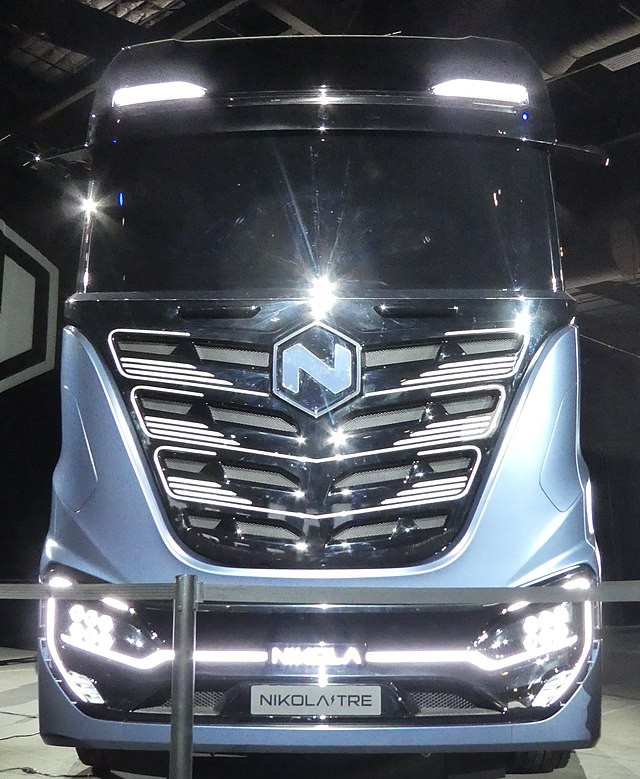Nikola Corp., the once high-flying electric vehicle startup that briefly surpassed Ford Motor Co. in market value, has filed for Chapter 11 bankruptcy protection after failing to secure a buyer or raise enough capital to sustain operations. The filing, made Wednesday in Delaware, lists assets between $500 million and $1 billion, while liabilities range between $1 billion and $10 billion, according to court documents.
The Phoenix-based company said it intends to conduct an auction and sale process for its remaining assets, pending court approval, with approximately $47 million in cash available to fund bankruptcy proceedings. "Like other companies in the electric vehicle industry, we have faced various market and macroeconomic factors that have impacted our ability to operate," Nikola CEO Steve Girsky said in a statement. "Unfortunately, our very best efforts have not been enough to overcome these significant challenges, and the Board has determined that Chapter 11 represents the best possible path forward under the circumstances for the Company and its stakeholders."
The collapse of Nikola marks a dramatic fall for a company that, at its peak in 2020, was valued at more than $30 billion and heralded as a leader in the emerging EV market. Nikola secured a multibillion-dollar partnership with General Motors and became a model for startups going public through special purpose acquisition companies (SPACs). However, the company's trajectory was upended by scandals, financial struggles, and a weakening EV market.
Nikola's downfall began with allegations against its founder and former CEO, Trevor Milton, who was convicted of securities and wire fraud in 2022. A report by short-seller Hindenburg Research in 2020 accused Milton of misleading investors about the company's technology, including claims that Nikola had exaggerated the capabilities of its electric trucks. The controversy led to Milton's resignation and a loss of investor confidence that the company never recovered from.
Despite efforts to stabilize under new leadership, Nikola struggled to generate revenue and maintain production. The company's core products-battery-electric and hydrogen fuel-cell semitrucks-suffered from low demand, with only 600 units produced since 2022. Battery defects led to costly recalls, further straining the company's finances. As of its third-quarter earnings report last year, Nikola had $198 million in cash, but executives warned that it would not be enough to sustain operations beyond early 2025.
Girsky, a former General Motors executive and investment analyst, took over as CEO in 2023, working to keep Nikola afloat through capital raises and strategic partnerships. However, efforts to secure new funding or sell the company ultimately fell short. Nikola was "actively talking to lots of potential different partners who value what we do and value what we've built," Girsky said in an October earnings call.
Nikola is the latest EV manufacturer to succumb to financial pressures as the industry grapples with high costs, supply chain constraints, and slower-than-expected consumer adoption. Fisker Inc. filed for bankruptcy in June, while Canoo Inc. followed with a Chapter 7 filing in January. Swedish battery maker Northvolt AB also sought bankruptcy protection in the U.S. late last year.
The broader EV market has faced headwinds as high production costs, limited charging infrastructure, and weakening consumer demand weigh on automakers. Companies that went public during the SPAC boom of 2020 have struggled to meet their ambitious targets, with many facing scrutiny from regulators and investors.
Nikola's stock has reflected its struggles, trading below $2 per share since December. Adjusted for a 1-for-30 reverse stock split last year, its all-time high was nearly $80 in June 2020. The company's market value, once a multibillion-dollar giant, had dwindled to less than $100 million before its bankruptcy filing.




